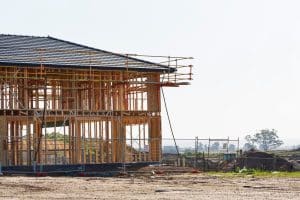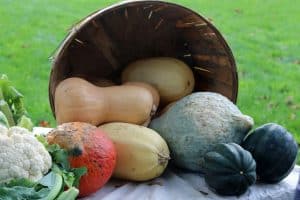Urban Farming in Residential Developments
Urban farming, also known as urban agriculture, is a practice that involves growing, processing, and distributing food in or around a city. This concept has gained popularity in recent years as people become more aware of the environmental and health benefits of locally grown produce. In residential developments, we often associate home gardens and community gardens with urban farming. However, there is a growing trend of incorporating larger scale urban farming initiatives into residential developments. In this article, we will explore the concept of urban farming in residential developments and discuss the benefits it can bring to both residents and the community as a whole.
The Benefits of Urban Farming in Residential Developments
Sustainability and Environmental Impact
One of the main reasons why urban farming is gaining traction in residential developments is its positive impact on the environment. By producing food locally, we reduce the carbon footprint associated with transportation and distribution. Additionally, urban farming also promotes sustainable practices such as composting and water conservation, which further reduce the environmental impact. In a world where food production is a major contributor to greenhouse gas emissions, urban farming in residential developments offers a viable solution for reducing our carbon footprint.
Access to Fresh and Nutritious Produce
With urban farming in residential developments, residents have direct access to fresh and nutritious produce right at their doorstep. Unlike store-bought produce that may have been transported from other cities, urban farming allows for the production of fresh fruits and vegetables that are picked and consumed at the peak of ripeness. This means that residents can enjoy more flavorful and nutrient-dense produce. Additionally, since the produce doesn’t have to travel long distances, it can be harvested when ripe and doesn’t require any preservatives, making it healthier for consumers.
Community Building and Social Connection
Another advantage of incorporating urban farming into residential developments is the sense of community it can foster. With community gardens and shared urban farming spaces, residents have the opportunity to come together and work towards a common goal. This not only builds a sense of camaraderie but also promotes social connections. By working alongside their neighbors, residents can build meaningful relationships, which can lead to a stronger and more connected community.
Practical Considerations for Implementing Urban Farming in Residential Developments
Space and Design Considerations
One of the challenges of implementing urban farming in residential developments is the limited space available. Typically, residential developments are designed with a focus on maximizing living space, not farming space. This means that developers and architects need to get creative when it comes to incorporating urban farming elements into the design. Some possible solutions include rooftop or vertical gardens, communal gardening spaces, or incorporating small-scale farming into common areas.
Community Involvement and Management
Another important consideration is the level of community involvement and management needed for a successful urban farming initiative in a residential development. It’s essential to involve residents in the planning and execution of the farming project to ensure their buy-in and participation. Additionally, proper management and maintenance of the farming spaces are necessary to ensure the longevity and success of the project. This can be achieved through the formation of a community gardening committee or hiring a professional urban farming consultant.
Regulatory and Legal Considerations
Lastly, before incorporating urban farming into a residential development, developers and residents need to be aware of any local regulations or laws that may impact the project. Certain zoning regulations may restrict the types of farming practices allowed, and proper permits may be required. It’s essential to research and comply with all local regulations to avoid any potential legal issues.
The Future of Urban Farming in Residential Developments
As cities continue to grow, and the demand for sustainable and locally grown produce increases, it’s inevitable that we will see more residential developments incorporating urban farming elements into their design. By incorporating urban farming into residential developments, we can create more sustainable communities, promote healthier lifestyles, and build stronger and more connected neighborhoods. With careful planning and proper management, urban farming in residential developments has the potential to revolutionize the way we think about food production and consumption in urban areas.
In conclusion
Urban farming in residential developments offers numerous benefits to residents and the community, including promoting sustainability, providing access to fresh and nutritious produce, and fostering a sense of community. However, it’s crucial to consider practical, community, and regulatory factors when implementing such initiatives. With proper planning and management, the future looks bright for urban farming in residential developments.









